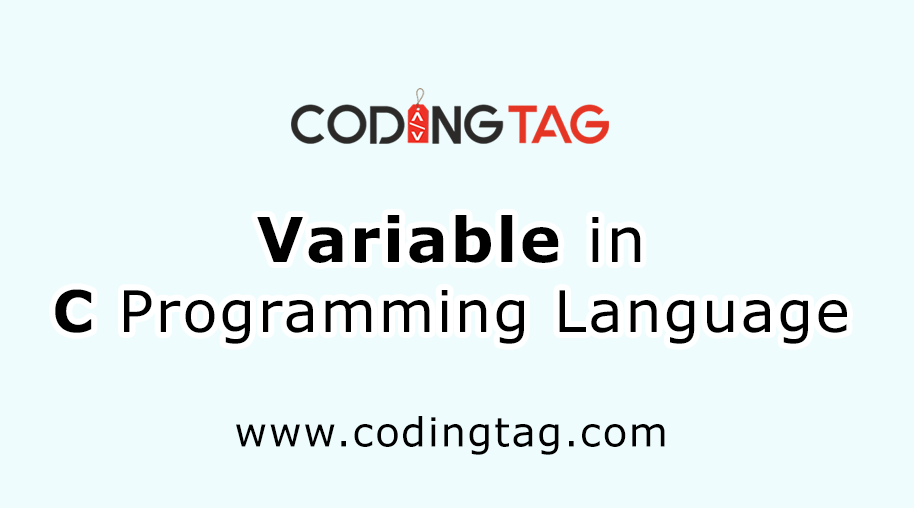Unsigned int in C
0 576
In C programming, unsigned integers (unsigned int) provide advantages such as an extended range for non-negative values and efficient memory usage.
They enable the representation of larger positive numbers compared to signed integers.
However, they come with drawbacks like the inability to represent negative values and the potential for unexpected behavior due to arithmetic overflow.
Understanding the importance of using unsigned int is crucial for scenarios where negative values are not applicable, or when memory optimization is necessary.
The effects of using unsigned int extend to various aspects of programming.
For example, arithmetic operations involving unsigned int may behave differently compared to signed int, particularly in cases of overflow.
Memory allocation can also be affected, as the range of unsigned int influences the amount of memory required to store values.
Example:
//Program for unsigned int #include<stdio.h>int main() { unsigned int distance = 500; // declaring and initializing an unsigned int variable printf("The distance is: %u\n", distance); // printing the value of distance return 0; }
Output:
The distance is: 500
In this program, we declare and initialize an unsigned int variable "distance" with a value of 500.
We then print this value using the %u format specifier, which is used specifically for unsigned int.
Advantages of unsigned int in C
Unsigned int in C offers an expanded range for representing non-negative integers compared to a signed int, allowing for the storage of larger positive values.
They enable efficient memory usage by utilizing the entire range of non-negative integers, potentially saving memory space compared to signed int.
Their usage is particularly beneficial in scenarios where negative values are not applicable, simplifying code and avoiding unnecessary complexity.
Disadvantages of unsigned int in C:
Unsigned int cannot represent negative values, limiting their applicability in scenarios where negative numbers are necessary.
Arithmetic operations involving unsigned int can lead to unexpected behavior due to overflow, as they do not support automatic wrapping around like signed int.
Compatibility issues may arise when interacting with libraries or code that expect signed int, requiring careful consideration in mixed-type environments.
Importance of int in C:
Understanding unsigned int is crucial for efficient data representation, especially in scenarios where non-negative values are prevalent or memory optimization is necessary.
It helps programmers make informed decisions about when to use unsigned int versus signed int based on the specific requirements of their application.
Effects of using unsigned int in C:
Arithmetic operations involving unsigned int may behave differently compared to signed int, particularly in cases of overflow, where unsigned int values wrap around to zero.
Memory allocation can be affected by the range of unsigned int, influencing the amount of memory required to store values and potentially impacting performance.

Share:







Comments
Waiting for your comments